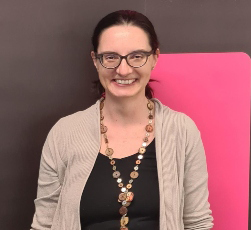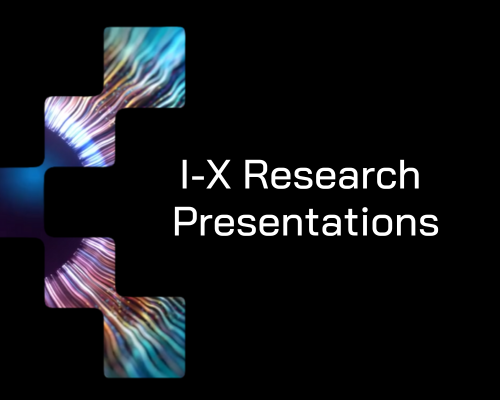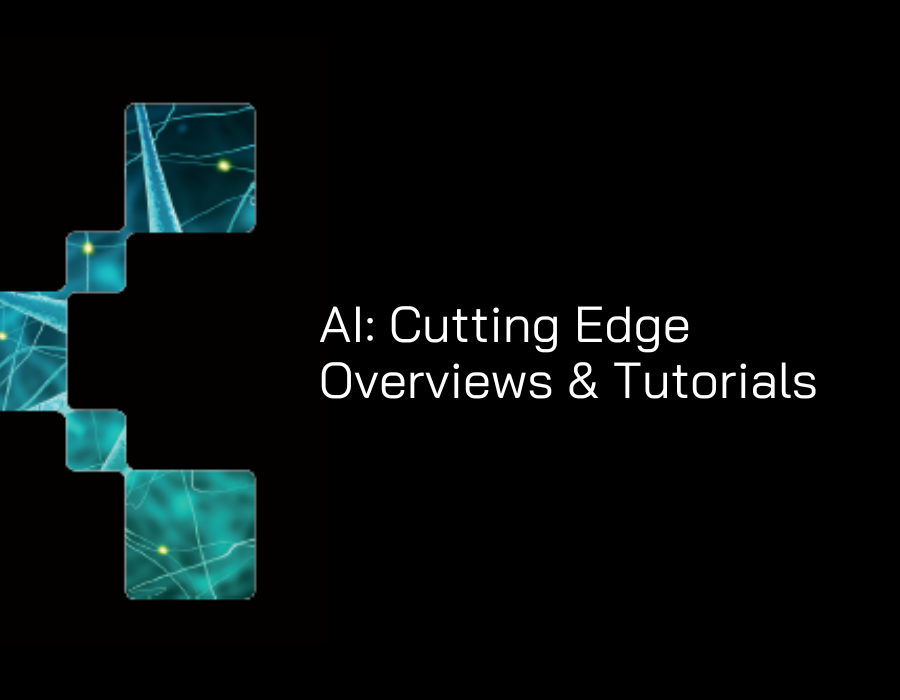Cecilia Mascolo
Cecilia Mascolo is the mother of a teenage daughter but also a Full Professor of Mobile Systems in the Department of Computer Science and Technology, University of Cambridge, UK. She is director of the Centre for Mobile, Wearable System and Augmented Intelligence. She is also a Fellow of Jesus College Cambridge and the recipient of an ERC Advanced Research Grant. Prior joining Cambridge in 2008, she was a faculty member in the Department of Computer Science at University College London. She holds a PhD from the University of Bologna. Her research interests are in mobile systems and machine learning for mobile health. She has published in a number of top tier conferences and journals in the area and her investigator experience spans projects funded by Research Councils and industry. She has served as steering, organizing and programme committee member of mobile and sensor systems, data science and machine learning conferences. More details at www.cl.cam.ac.uk/users/cm54



